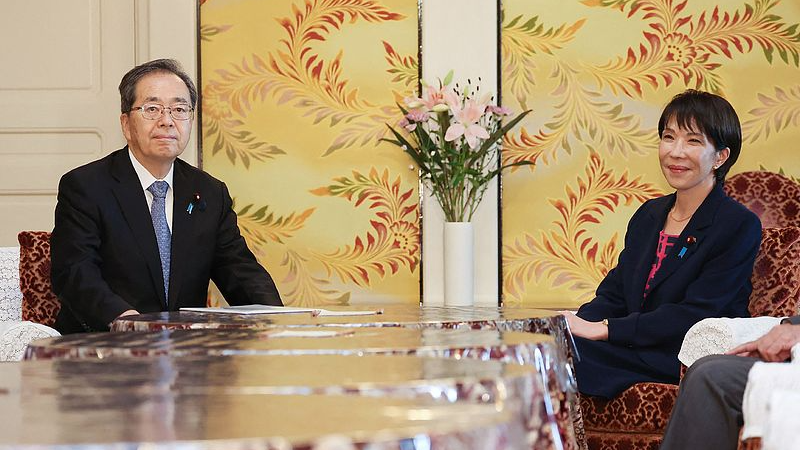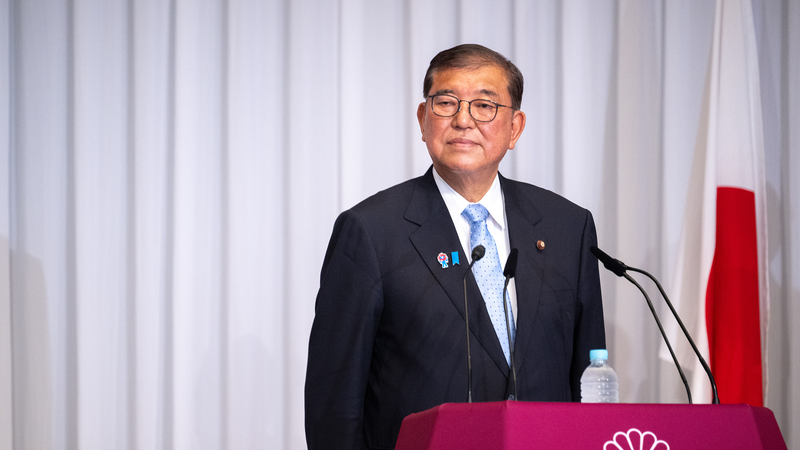Japan’s Komeito party announced Friday it will terminate its coalition with the ruling Liberal Democratic Party (LDP) after 25 years, citing irreconcilable differences over political funding reforms. The decision deals a blow to LDP leader Sanae Takaichi’s bid to become Japan’s first female prime minister.
Breaking Point
Komeito leader Tetsuo Saito informed Takaichi during a Friday meeting that his party would exit the coalition, according to NHK. The split follows failed negotiations on stricter political donation rules, including a proposed annual cap of ¥20 million ($130,862) per corporate donor to limit business influence on policymaking.
Core Disagreements
Kyodo News reported the parties clashed over three key issues: historical perspectives, foreigner-inclusive policies, and financial transparency. While compromise proved possible on the first two, Komeito demanded stronger accountability measures following recent funding scandals – a red line for the LDP, which receives significant corporate donations.
Political Fallout
The rupture leaves Takaichi needing opposition support to secure parliamentary approval as prime minister. Analysts suggest the move could unsettle markets, with Reuters noting potential impacts on fiscal stimulus expectations tied to the "Takaichi trade."
Historical Context
The LDP-Komeito coalition first governed from 1999–2009 before regaining power in 2012. Their partnership long balanced the LDP’s conservative leanings with Komeito’s moderate Buddhist voter base. Its dissolution marks a seismic shift in Japan’s political landscape.
Reference(s):
cgtn.com








